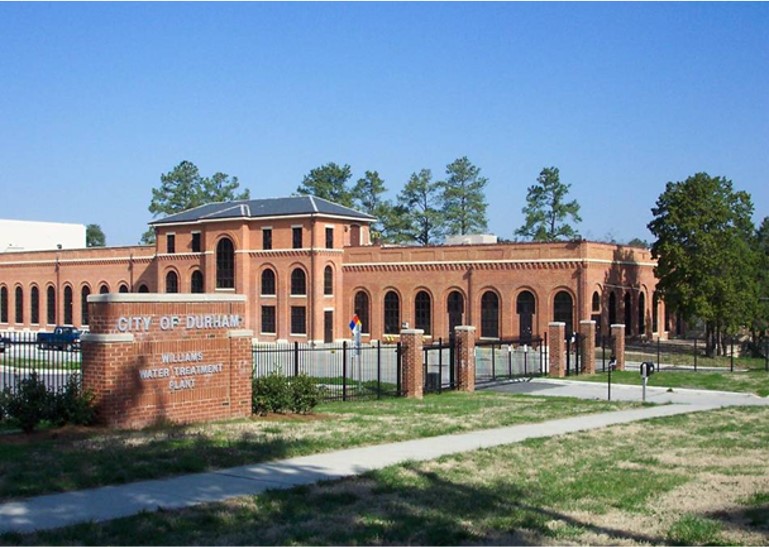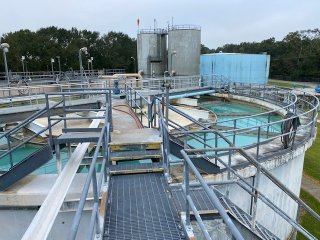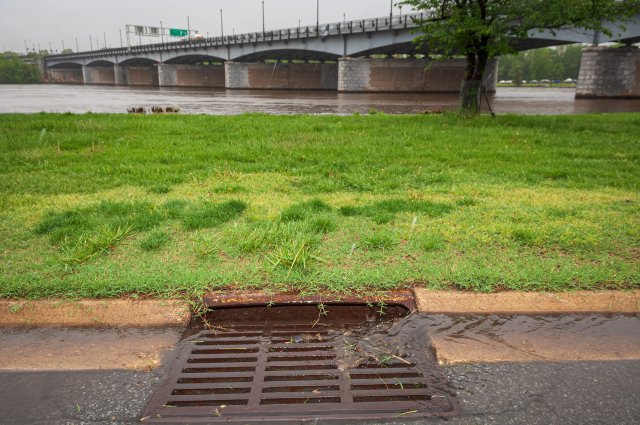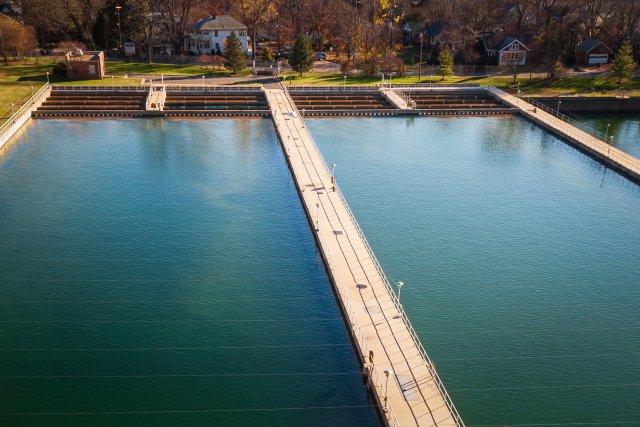Training and Engagement Center
This page provides technical assistance information and recorded trainings to help drinking water, wastewater, and storm water (water sector) utilities and stakeholders build resilience and adapt to weather variability and its impacts.
On this page:
Risk and Resilience Trainings
Become more familiar with CRWU’s Climate Data Maps, RSG, and CREAT by exploring the recorded trainings below. Each training series offers the following: climate trends and projections for the region; an introduction to the CRWU initiative and demonstrations of its climate resilience tools; a utility case study; and discussions about financing adaptation and resilient infrastructure projects.

The Mid-Atlantic Climate Region includes VA, MD, DE, PA, NJ, NY, and CT.
Stories from the Sector
Increasing Water System Resilience in North Carolina

Hear from the City of Durham's Department of Water Management about climate resilience efforts and their technical assistance work with CRWU.
Impact of Extreme Weather in the Southern U.S.

Learn about historical extreme weather in Louisiana, Arkansas, Oklahoma, and how Lafayette Utilities System used CREAT to explore adaptation strategies to address flooding.
Developing Drought Resilience in Puerto Rico

Hear from the Puerto Rico Aqueduct and Sewer Authority about climate resilience efforts and their technical assistance work with CRWU.

Adaptation Planning in Action
Learn more about water utilities' efforts to increase their resilience using CRWU resources.

Assessing Vulnerability to Sea Level Rise
Learn how the Hudson River Foundation utilized CREAT to assess combined sewer systems' vulnerability to sea level rise in the New York - New Jersey Harbor Estuary.

Strengthen Climate Resilience
In the Journal Opflow, learn how the CRWU initiative is helping water sector utilities prepare now for future resource challenges caused by climate variability.
CREAT Training Videos
Click on each video below for more information on CREAT and the How-To’s for completing its Modules. See the Methodology Guide for more information on data sources and methods used in the programming of CREAT.
CREAT Welcome Video
CREAT: Consequences and Assets Module
CREAT: Scenario Development Module
CREAT: Risk Assessment Module
Connect With Us:
- Sign up: CRWU News
- Email us: crwuhelp@epa.gov
